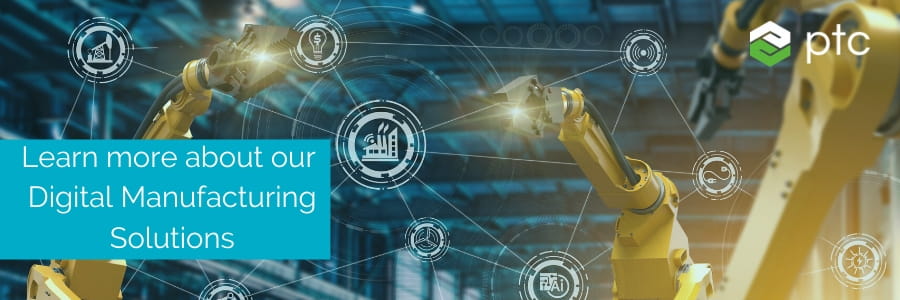How Manufacturing Sustainability Drives Growth
Ensuring manufacturing sustainability is about meeting the needs of your business, while minimizing negative environmental impact. Manufacturing businesses are increasingly recognizing the importance of minimizing their carbon footprint, without lessening the quality of their product.
The process of eliminating waste within your manufacturing line means you can meet your environmental responsibilities while also improving efficiency and minimizing costs. A first step towards eliminating waste in your manufacturing company is to adopt lean manufacturing principles.
Adopting lean manufacturing principles
Lean manufacturing processes take a systematic approach towards eliminating waste and inefficiencies through constant improvement that simultaneously adds value for your customers. This not only boosts manufacturing performance but also minimizes your environmental impact. Lean practices can optimize your processes, which results in better worker performance, safety procedures and energy performance.
Lean methodology's three sources of waste:
- Muri: These are the wastes that occur during the planning process that result in unnecessary steps being taken.
- Mura: These are the wastes that are a result of the inconsistencies within the processes.
- Muda: This is the actual waste that occurs at the end of a process. This might be the production of excess stock, waste products or unnecessarily used energy.
Goals of lean manufacturing
- Improve quality: The ultimate goal of is to deliver the highest level of quality and value to the customer.
- Eliminate waste: Waste costs money to produce and does not add any value to the customer. The seven types of wastes, as identified by the lean philosophy, are wastes in the form of unnecessary transport, excess inventory, motion, waiting or inactivity, overproduction (which can result in rework and reprocessing), and defects in the product which do not meet the expectations of the customer.
- Reducing time: Reducing the total amount of time it takes for a process to be completed.
- Reducing total costs: Reducing all of these types of waste will inevitably lead to a lower cost. By focusing on efficiency, manufacturing companies will see their waste dissolve.
Lean manufacturing will limit your environmental impact
Manufacturers that adopt lean principles not only drive up their profit margins but also become greener. Customers are becoming increasingly conscious of the environmental impact of the brands they choose, so being seen to have a minimal environmental impact will only help to positively impact your reputation. In turn, this will help to create a virtuous cycle whereby your brand is boosted by your sustainability efforts.
The bottom line on manufacturing sustainability
Identifying key sources of waste may have previously involved engineers manually analyzing each step of the manufacturing process; however, digital manufacturing solutions give manufacturers access to reams of data they never had before, simplifying the process. IoT-enabled devices can seamlessly integrate your whole supply chain. This gives everyone—from your front-line workers to your supplier—a holistic view for better informed decisions about identifying sources of waste. IoT-enabled devices enable you to know exactly how much raw material you have, what your inventory levels are and how long it is taking to produce each product. This knowledge makes it much easier for you to streamline your process, which in turn also makes it easier to eliminate any unnecessary input or output.
Staying ahead of the curve in the 21st century requires manufacturers to be as competitive and sustainable as possible. Lean manufacturing, enabled by digital manufacturing, is the key to delivering as much value as possible with minimal environmental impact.
